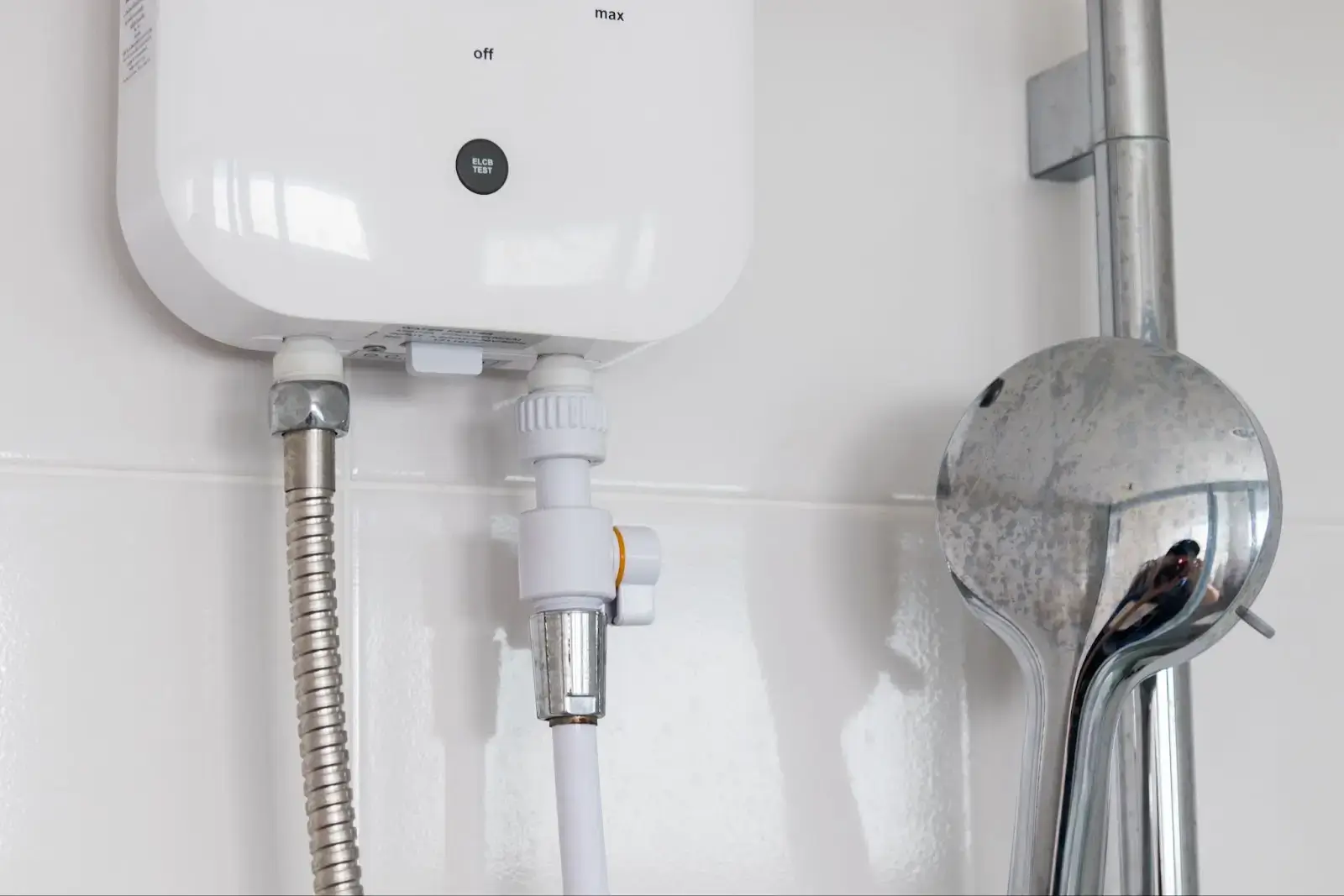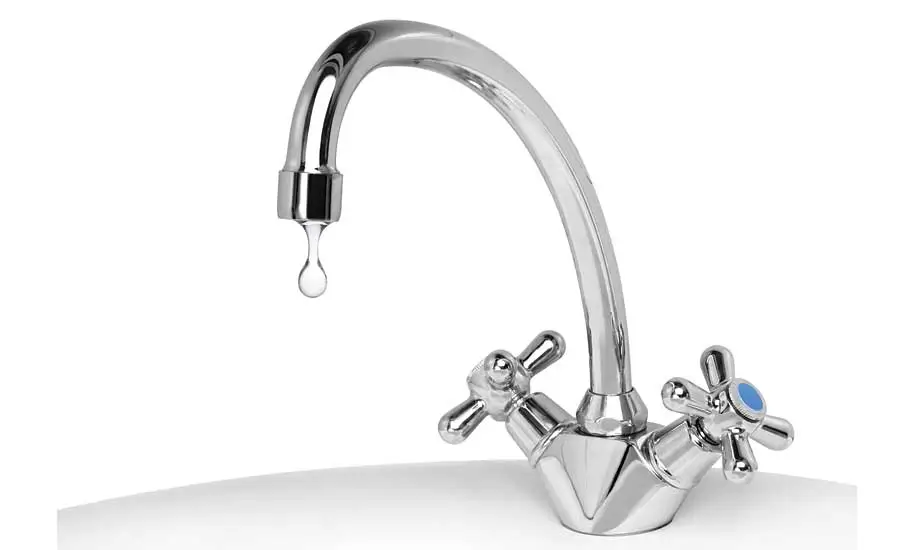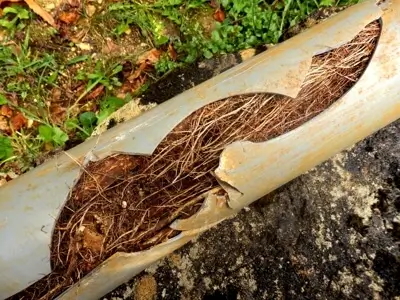You can hear cars caught in traffic jams honking at each other, the blaring of industrial sirens, and rowdy neighbors at the local pub from inside your home.
While you can block out noises by closing doors and windows, other things can disrupt your environment indoors.
Noise pollution from various factors is easier to overlook, but what else it brings shouldn't be ignored.
The noises that keep interrupting your peace are indicators of worse types of pollution, which you can't stop from coming in as quickly.
When was the last time you checked on your home's Indoor Air Quality?
What is Indoor Air Quality?
While you have most likely come across the term, not enough Americans know about it beyond the surface.
Indoor Air Quality (IAQ) determines the quality of the air you are breathing within or around indoor spaces.
The lower the quality, the higher the risks of various health hazards.
The most prominent health problems are respiratory issues.
The severity of your exposure to poor air quality is directly linked to the rate of the dangers it poses to the human body.
Indoor air pollution can lead to chronic, long-term, or immediate symptoms, like asthma attacks and lung cancer.
A residential home, office building, or commercial establishment can suffer from poor indoor air quality. Still, we think the worse form of pollution that seeps indoors is noise.
When we don't know the causes, we suffer from its effects.
The Cause and Effect of Indoor Air Pollution
There are plenty of factors that generate or contribute to indoor air pollution, and there are equally as many consequences.
Get to know the cause and effect of poor IAQ before you settle down somewhere, conduct renovations, or install add-ons into your home.
Here are some of the most significant air pollutants today.
What Causes Indoor Air Pollution?
Common indoor air pollutants are often the product of outdoor air pollution.
Outdoor air pollutants can penetrate your home through numerous entry points.
Still, you can generate your own indoor air pollution.
Your home doesn't just absorb pollution from the outdoor air. Your habits at home can be more harmful to your air quality than anything outside.
In improving indoor air quality, it would help if you familiarize yourself with these common indoor air pollutants.
Outdoor Air Pollution
Outdoor air pollution can also seep through air ducts, not just doors, windows, and chimneys.
- Harmful chemicals from smoke-belching cars, secondhand smoke from smokers outside, and industrial smog from factories all heighten the presence of carbon monoxide.Carbon Monoxide (CO) is not a natural gas like Carbon Dioxide (CO2). CO2 is a natural emission from respiration and decomposition. CO is emitted through burning material compositions and is entirely human-made.
While they can both lead to health problems, CO poses a more significant health risk. CO negatively reacts to your bloodstream producing chemical compounds that reject oxygen.
- Mold spores blow through the air outside during seasons with high humidity levels, and without reliable filtration systems, you can be breathing in toxic mold.Mold can shorten the lifespan of anything it attaches itself to, materials or living beings. Both inanimate objects and living hosts can suffer from mold contamination.The worst part is effects aren't as apparent, and the lack of immediate symptoms might leave you feeling comfortable cohabitating with toxic mold.
- Harmful particles from animals, polluted waters, dust build-up, and gravel blow through the wind day and night, all year round.Poorly maintained structures and forgotten items that collect dust, pet dander from your neighbor's dog or strays, and harmful emissions from the local pond produce pollutants that linger outside your home. Indoor spaces can quickly be affected by poor outdoor air quality.
While you might think ordinary habits like opening windows and leaving doors ajar invite outdoor pollutants to come in sound obvious, closing down all forms of natural ventilation can worsen your air quality inside.
Indoor Air Pollution
The air outside isn't everything you have to worry about. You can generate your own indoor pollution that leads to poor air quality.
Indoor sources include things you never considered causing indoor air problems.
- Pet dander from cats, dogs, hamsters, bunnies, and birds collect and spread around your home.The air inside of your home might be congested with pet hair. An air purifier can't extract larger particles such as hair, and keeping pets in the backyard may be the best thing you can do to improve indoor air quality.
- Contaminated air filters of poorly maintained air conditioning systems, air purifiers, and heating systems can affect the overall air quality inside.Poor indoor air quality can stem from the inferior maintenance of anything that facilitates air flow indoors.
Your air conditioning system's air vents might be the breeding ground for harmful chemicals and bacteria. If dust mites infiltrate even one air filter, you can say goodbye to good air quality.
- Volatile Organic Compounds can be found in everyday household items like paint, aerosols, air fresheners, cleaning solutions, industrial solvents, and cosmetics.These seemingly harmless ordinary objects contain methylene chloride, benzene, and ethylene glycol, which can negatively impact your indoor air quality.When you put your laundry into the clothes dryer, it can emit an odorless gas that may collect and result in carbon dioxide.
Contrary to popular belief, house plants don't always help reduce indoor air pollution. They can also produce their own volatile organic compounds.
There's much debate about how efficiently indoor plants help clean air. Before filling your home with house plants, consult a health professional or other qualified health provider.
- Carbon Monoxide isn't only present outdoors. CO can come from a gas stove, indoor smoking, vaping, and other heating systems.Since CO comes from burning any synthetic material, cooking can diminish your indoor air quality.
A powerful air purifier, air cleaner, and other air purification systems with a compromised air filter won't be able to provide the fresh air you need to cancel out other pollutants.Sufficient ventilation can better introduce fresh air indoors to improve indoor air quality.
Ventilation Systems
Even the best air purifier can only manage smaller particles like skin cells, which is good for other air quality problems such as dust mites.
Mechanical filtration may remedy fine particles, but only versatile ventilation systems can help rid your indoor air of larger particles.
Natural ventilation is helpful, but they are a two-way street; air goes in and out.
Mechanical ventilation systems come with filtration systems that only allow fresh air into your home while helping release indoor air.
A sophisticated combination of both can help sustain a clean air flow.
What Are Some Effects You Can Expect from Poor Indoor Air Quality?
Poor ventilation can lock indoor air pollutants inside, affecting the structure and occupants.
Constant exposure to sub-par air quality leads to structural decay and health ailments.
Health Risks
Here are some chronic and immediate symptoms you can pick up right away.
Chronic symptoms
- Skin allergies
- Itchy throat
- Sore eyes
- Headaches
- Dizziness
- Nausea
- Labored breathing
- Runny nose
- Sneezing
While they may seem harmless, they can lead to more severe issues. Prolonged exposure can lead to more long-term health problems.
Don't wait to have your indoor air quality checked. You should keep up with routine check-ups for both your health and air quality.
Effective Ways You Can Improve Your Home's Indoor Air Quality
In case you missed it, only three solutions are the most imperative in improving and sustaining good indoor air quality.
- Sufficient ventilation
- Adequate filtration
- Diligence and awareness
Your due diligence ensures your home has the appropriate ventilation systems and well-maintained heating and cooling systems.
Create the proper flow between natural and mechanical ventilation systems to facilitate better air in and out of your home.
Remember to clean, replace, and replenish the air filters of your HVAC system regularly. Their routine maintenance is essential in maintaining good air quality. Please don't wait for symptoms to arise before checking on your filters.
Additionally, opt for cleaners and air conditioners with an integrated HEPA filter. It's better at filtering different pollutants by removing up to 99.9% of unseen contaminants.
Pro Tip:
Use fragrance-free products! Recent studies show how much more harmful they are to your indoor air.
Routine Inspection and Maintenance
The best thing you can do for your indoor environment is to entrust air handlers' installation and maintenance only to the most reliable contractors.
Faulty installations and poor maintenance can cause various issues more costly to remedy than air pollution.
If you're looking for a contractor you can trust, we can help you with that!
Sunset Heating and Cooling Electrical
At Sunset Heating and Cooling Electrical, we prioritize your health and comfort.
If you aren't sure about your indoor air quality, we can help you measure it with our more accurate and innovative equipment.
Call (503) 500-5866
Reach out to us to strategize your home's ventilation placements and keep your air conditioning in tip-top shape.
Service Area
We've been providing reliable quality services to homeowners across Oregon for the last one hundred years.







